The Ayatollah’s Lifeline: Made in the West
Over and over again, when the Ayatollah regime in Iran is at its weakest, bleeding, vulnerable — the west saves it.
There is a brutal pattern. It’s not a coincidence, not a mistake, not naivety. It’s a choice. And it’s killing any chance for real peace, prosperity, and justice for the people in the Middle East.
Over and over again, when the Ayatollah regime in Iran is at its weakest, bleeding, vulnerable — the world saves it
It happened at the beginning. The West helped midwife the Islamic Republic into existence in 1979. They didn’t just abandon the Shah; they rushed to “understand” Khomeini. Western journalists painted him as a spiritual leader, a humble cleric. Meanwhile, behind the scenes, Carter administration officials, European diplomats, and global opinion-shapers legitimized a revolution that would go on to jail, rape, torture, and execute thousands of Iranians, while spreading its fanatic ideology across the region.
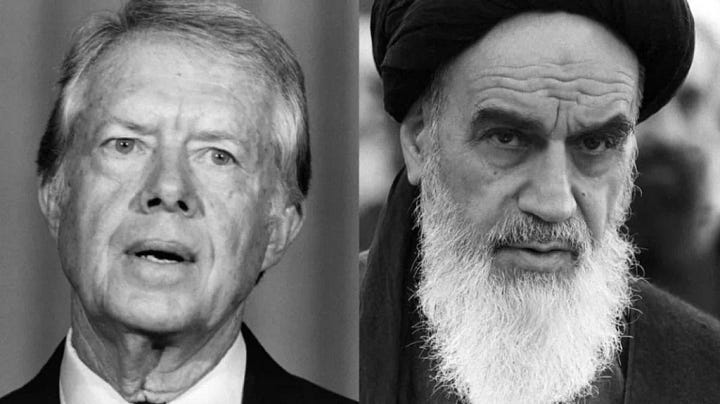
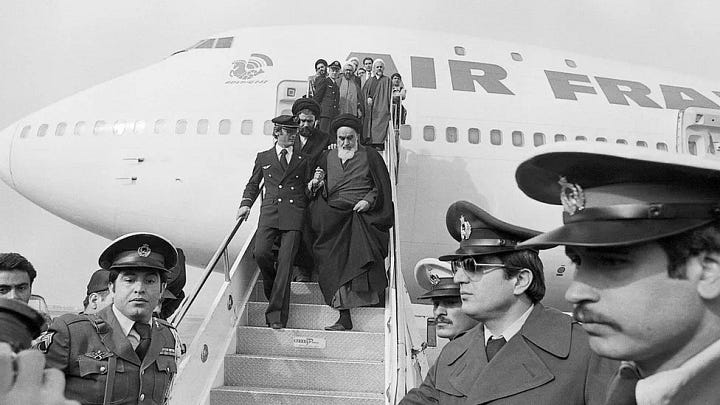
But the betrayal didn’t end there.
In the 1980s, when Iran’s economy was collapsing during its brutal war with Iraq, the West again came to its aid. Weapons and dual-use technology flowed from countries including the United States (through covert arms sales), European nations, and some Arab states — all supposedly standing for democracy and human rights. When the regime should have collapsed under the weight of its own repression, these international lifelines kept it alive.
Then came the Khatami era in 1997, which the West eagerly mistook for a democratic opening. The Clinton administration and European leaders rushed to embrace Khatami as a “moderate,” softening sanctions, promoting student exchanges, and rehabilitating Iran’s image. But behind the smile of reform, the regime never loosened its grip. Journalists were jailed, women’s rights activists were suppressed, and the IRGC grew stronger. The West’s eagerness to believe in fantasy moderates gave the regime exactly what it needed: time, money, and cover.
After the Iran-Iraq War, the regime was economically devastated and internally unstable. But instead of collapsing, it was rescued — this time by Europe. In the 1990s and early 2000s, European countries like Germany, France, and Italy expanded trade and offered Tehran political legitimacy through a policy known as “critical dialogue.” While Iran imprisoned dissidents, funded terror abroad, and violated human rights at home, the EU continued business as usual, giving the Ayatollahs access to markets, credit, and diplomatic respectability. It was appeasement masked as engagement.
After 9/11, the Bush administration quietly engaged Iran behind the scenes, hoping for cooperation in Afghanistan. While Iran offered intel on the Taliban, it was also harboring senior Al-Qaeda figures and accelerating its nuclear program. In 2003, Iran even sent a secret proposal for a “grand bargain” to the U.S. — a sign of desperation. But rather than confront Iran’s violations, the U.S. turned its focus entirely to Iraq. The EU followed with nuclear talks that produced nothing but stalling tactics from Iran. Once again, the world handed the regime time, space, and oxygen — just when it was vulnerable.
Again in 2009, the world watched as millions of Iranians — led by young people, women, and students — poured into the streets to protest a stolen election. “Where is my vote?” they cried. The regime beat them, raped them, shot them in the streets. And what did the free world do? Obama looked away — and then did worse. Instead of isolating the regime, he chose to engage it. The greatest opportunity to bring down the Islamic Republic since 1979 was wasted. And when the blood dried, Obama handed the regime billions in cash, lifted sanctions, and gave them the tools to rebuild their terror machine at home and abroad.
Then came the JCPOA, the Iran Deal. Billions were released. Sanctions were lifted. The regime was flush with cash — and what did they do with it? Fund Hamas. Fund Hezbollah. Fund the Houthis. Crush dissent at home. Strengthen the IRGC. Get closer than ever to a nuclear bomb. The world said, “We’re avoiding war.” But they were financing terror.
And under Biden, the pattern didn’t just continue — it accelerated. Billions more flowed to Iran through lax sanctions enforcement and secret side deals. In 2023 alone, Biden agreed to unfreeze $6 billion in exchange for hostages — a clear signal that terrorism pays. While Iran armed its proxies and plotted assassinations, Biden’s administration still pursued diplomacy, loosened restrictions, and treated the regime like a legitimate actor — even as it fueled chaos across the Middle East.
Today, the Ayatollah regime is wobbling. The economy is in freefall. Protests continue to simmer beneath the surface. The people are exhausted, disillusioned, and brave. And once again, the West rushes to stabilize the Islamic Republic — whispering about new deals, loosening sanctions, turning a blind eye to enrichment violations, and letting Iranian diplomats speak in international forums, including the UN, as if they represent a normal country.
In the last two weeks, Israel struck hard at Iran’s nuclear program, targeting key sites and IRGC facilities. Taking out its leaders and nuclear scientists. The United States dealt a massive blow by taking out three critical nuclear sites — Fordow, Natanz, and Isfahan — in a coordinated strike. This should was a history changing moment.
Israel won on the battlefield, and then is forced to surrender diplomatically into a ceasefire. Something that as the X account @TheMossadIL said, “Trump's "ceasefire" announcement was more like announcing an arranged marriage without telling the bride or the groom.”
This is a pattern every time. That is not peacekeeping. That is sabotage. You cannot build peace by saving the regimes and terrorists that thrive on war and chaos. You cannot promote peace by shielding terrorists and tyrants from defeat. And you cannot support freedom while propping up and saving one of the most brutal theocracies on the planet.
Now we face the same question. Why does the world keep saving the tyrants instead of the people?
Why does the world betray the millions of Iranians who want nothing more than a normal life — free of repression, forced hijabs, midnight arrests, and hangings from cranes? The media as Iran is on the brink of collapse, is busy writing about the Ayatollah’s love for gardening. And the betrayal doesn’t stop in Tehran.

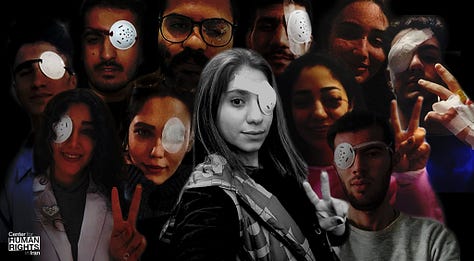

Every time Israel gains the upper hand over its attackers since 1948 — whether Hezbollah in the north or Hamas in Gaza — the international community swoops in to save the aggressors. Ceasefire. Restraint. Proportionality. Pressure from the UN. Countless resolutions and UNSC meetings. Ambassadors pulled. International courts. Condemnations rain down — not on the terror groups who started the war and target civilians, but on the one democracy in the Middle East that dared to fight back.
The last three days have shown these events were planned and directed. The regime allegedly successfully relocated uranium and centrifuge equipment before the American strikes. The counter attack on Doha’s U.S. base by Iran, was part of a mutual deal designed to save face for the regime — and Khamenei himself.
The nuclear plants may have been damaged or destroyed, but the regime’s nuclear ambitions are very much alive. Now, with the ceasefire announced shortly after these strikes — initially denied by both sides but rapidly taking effect — the regime has been given a chance to regroup and come back stronger.
This ceasefire paves the way to lifting sanctions. Once sanctions are lifted, the regime will have the funds to rebuild everything: its nuclear program, its terror networks, its brutal internal repression. The world has once again handed the Ayatollahs exactly what they wanted, a lifeline. Trump announcing China can now buy oil again from Iran proves exactly that.
Reports say, The exiled crown prince of Iran, Reza Pahlavi, unfollowed Netanyahu and Trump on social media. If true, he for sure feels betrayed by this ceasefire that leaves the Ayatollah in power.
Even worse, they don’t need 100 nuclear weapons; they only need one. One bomb is enough to wipe Israel off the map. And they can get it from any rogue actor willing to sell. A wounded humiliated and weak tyrant is more dangerous than a happy one. The regime was clear they won’t stop. Some countries are willing to provide them the bomb. They are selling the ceasefire to their radical jihadi followers as a win against the “empire” and the “zionist entity.”
Why do we keep betraying millions of Iranians — risking their dreams of freedom — to save a regime that jails, tortures, and executes its own people?
Why do we force Israel to stop short of victory every time it defends itself against terror? Enough.
Let the regime in Iran fall. Stop handing it lifelines. Stop romanticizing, they are a regime designed for tyranny. Stand with the people of Iran — not their jailers and oppressors.
And let Israel win. Stop interrupting wars halfway through and pretending that “both sides” just need to stop. One side seeks to live. The other seeks to destroy. The world is failing at the moral test.
The pattern is clear: when tyrants are vulnerable, the world protects them. When democracies defend themselves, they are told to stand down.
Let the regime in Iran fall.
Let Israel win its wars.
Stop saving tyrants.
Stand with the people.
The world must stop saving the Ayatollahs.
The nuclear plants may be gone — but Iran’s deadly ambition lives on.




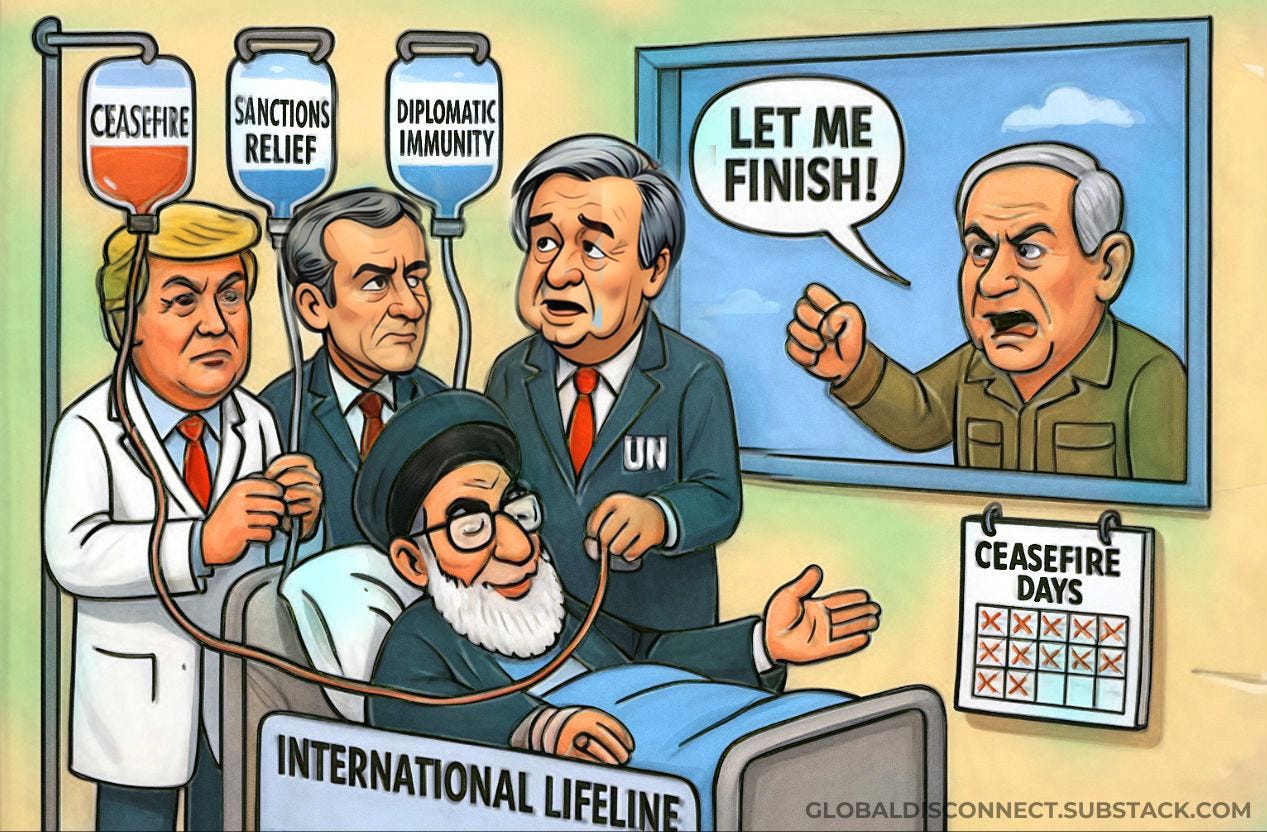

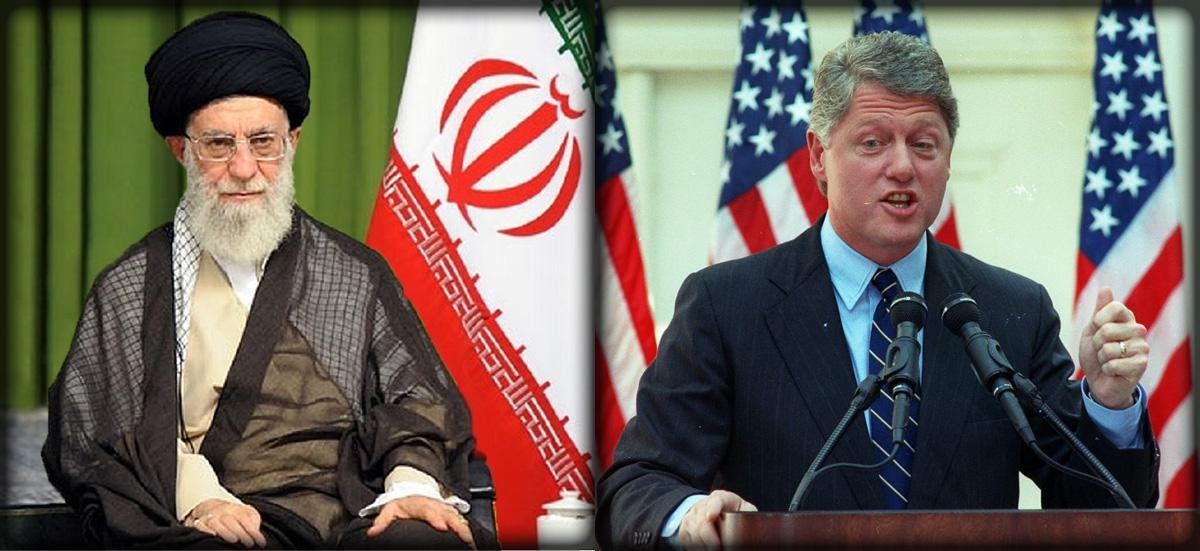
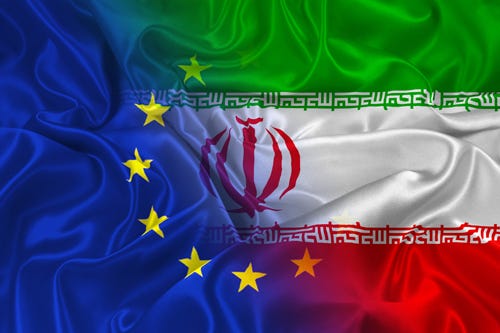
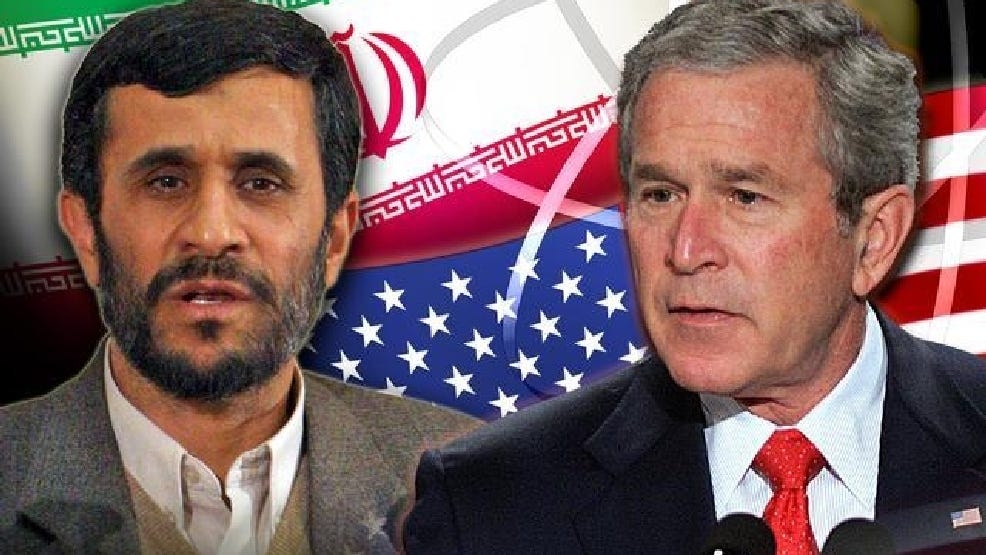
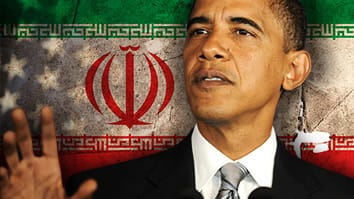
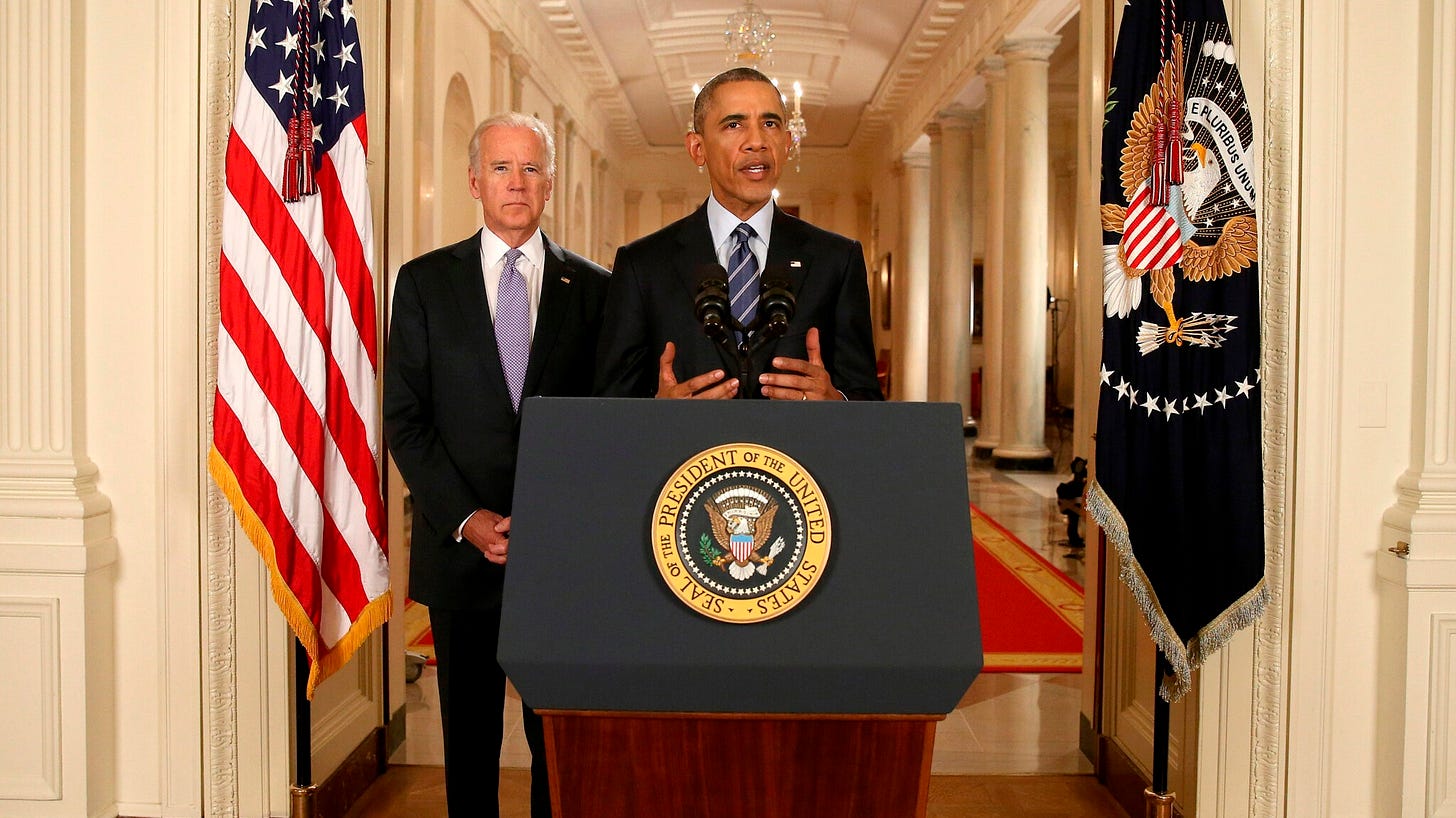
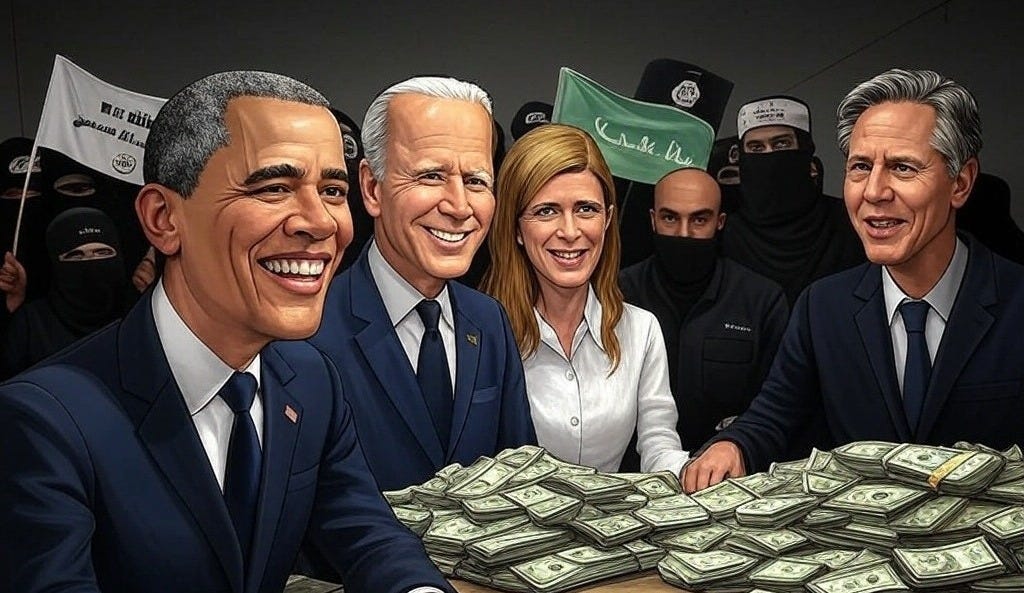
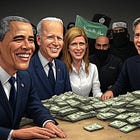
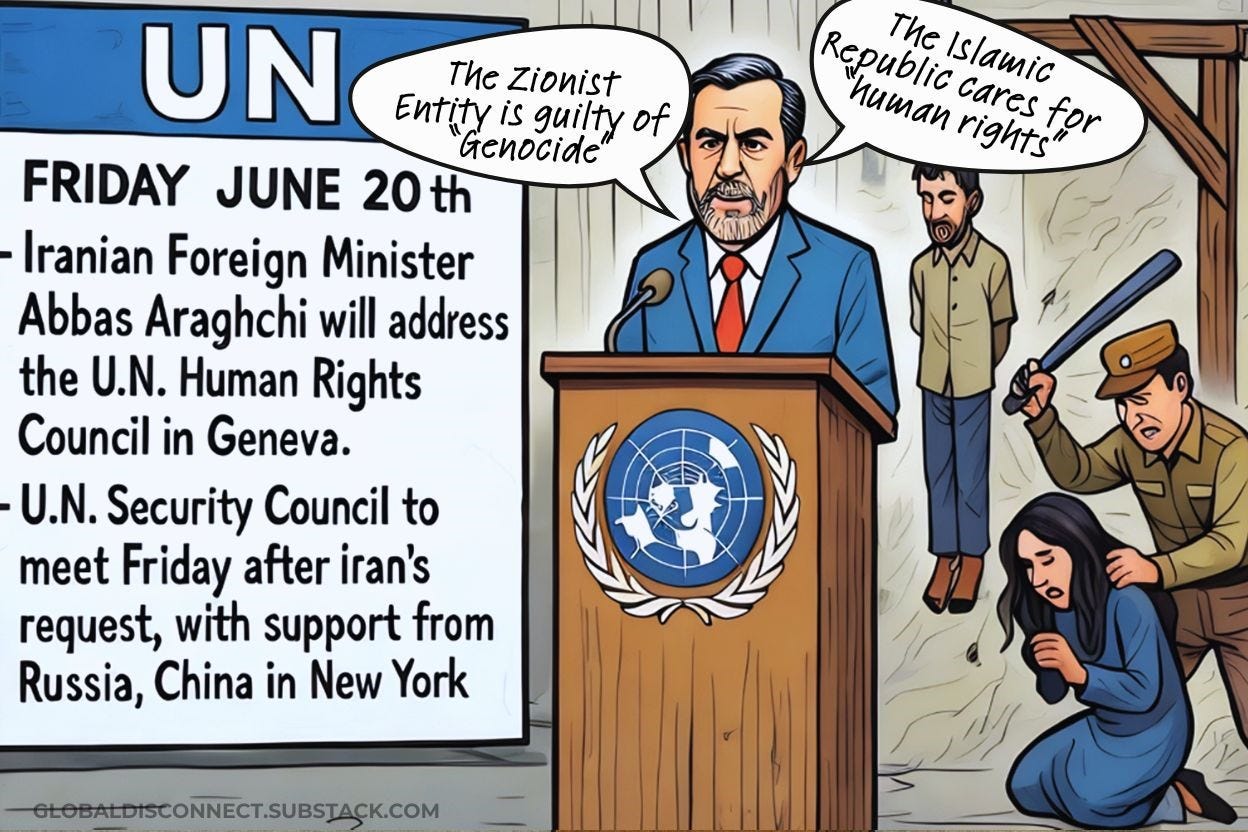
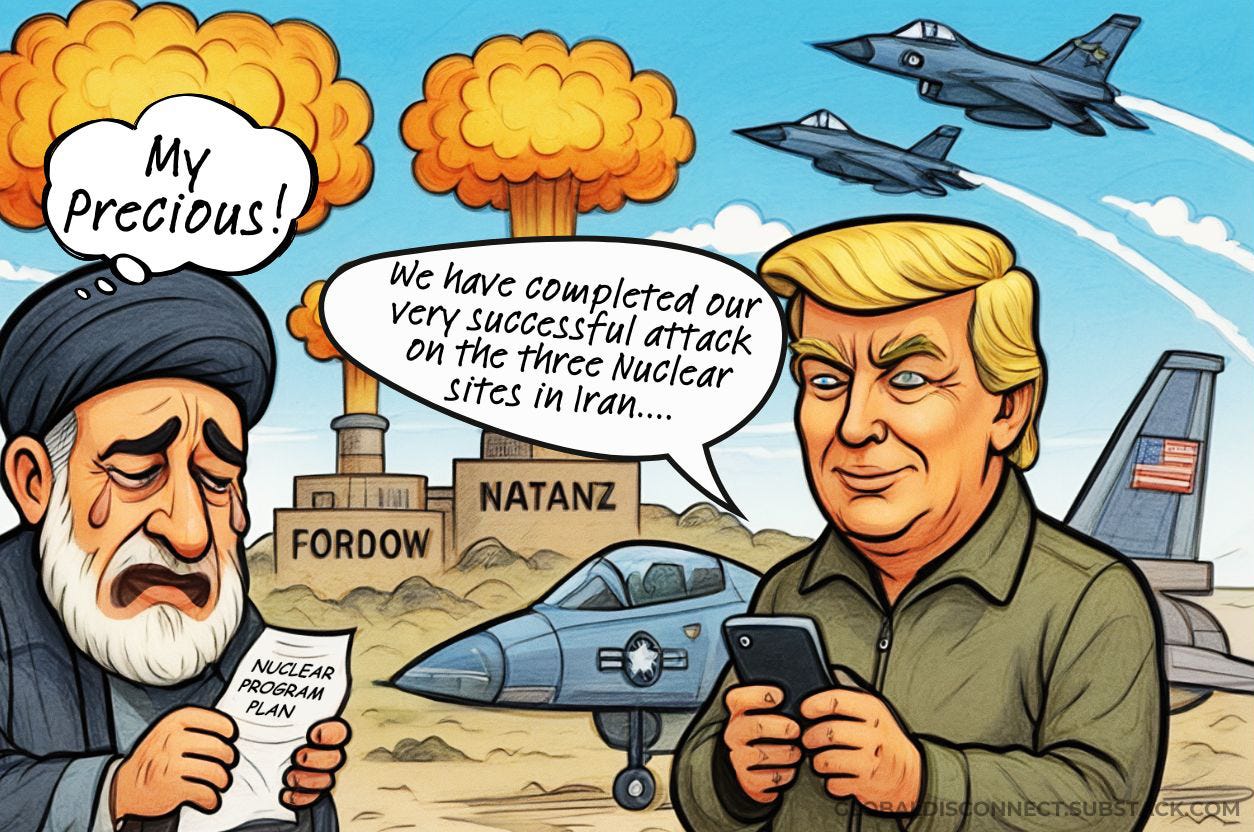
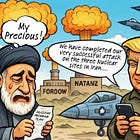

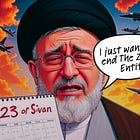




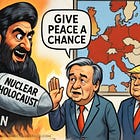

價格與品質的平衡
當消費者考慮ILIA煙彈時,經常會問:”這樣的價位真的值得嗎?”
答案毫無疑問是肯定的。ILIA菸彈之所以定價在這一範圍內,是因為其在品質與技術上的卓越表現。ILIA煙彈採用了專業的密封技術,確保每一口吸入的煙霧都保持純正且穩定。相較於市面上其他品牌的煙彈,ILIA煙彈的漏油率極低,這在用戶體驗上贏得了極高的評價。https://www.ilia-yandan.com/
The West are fools.